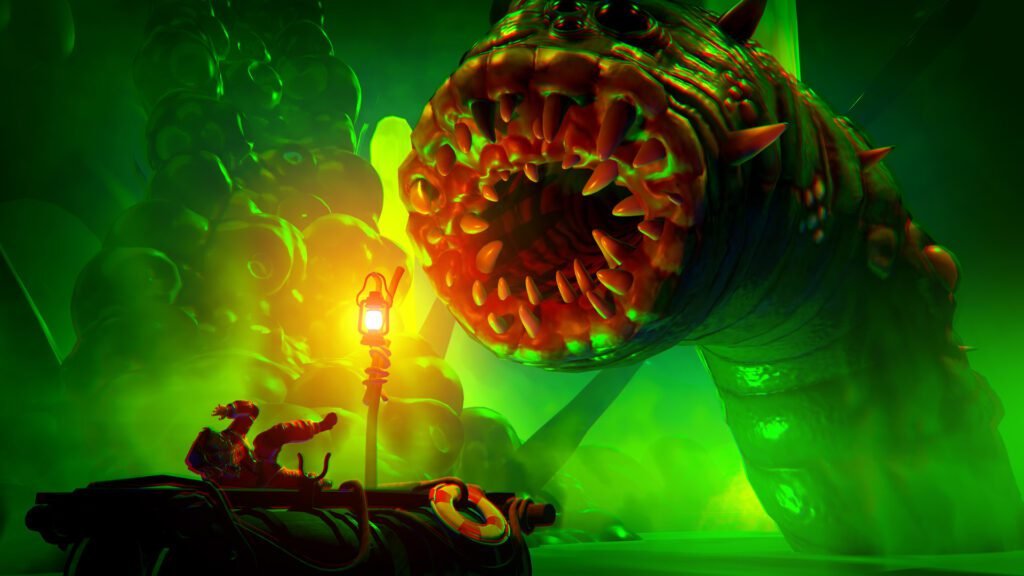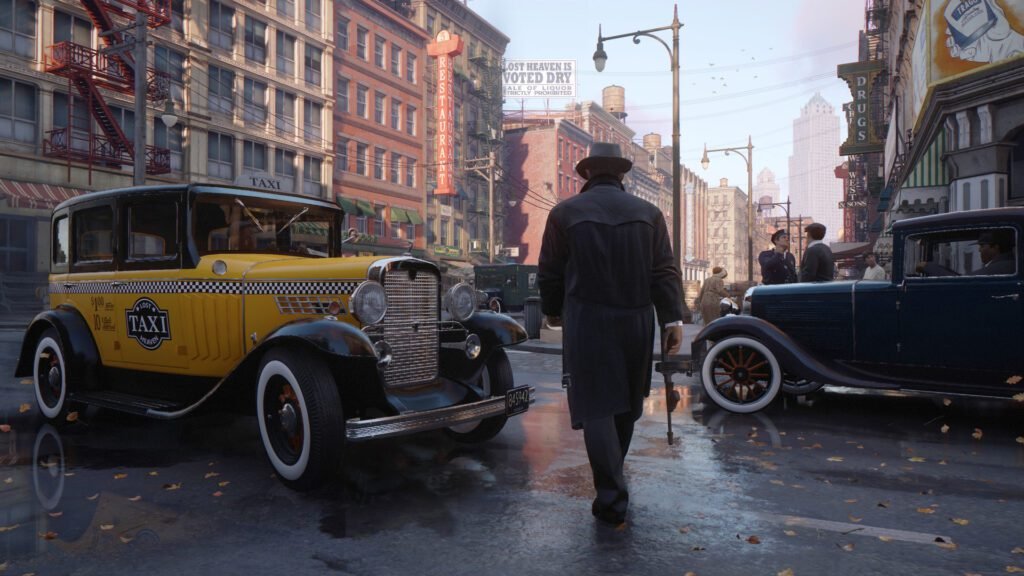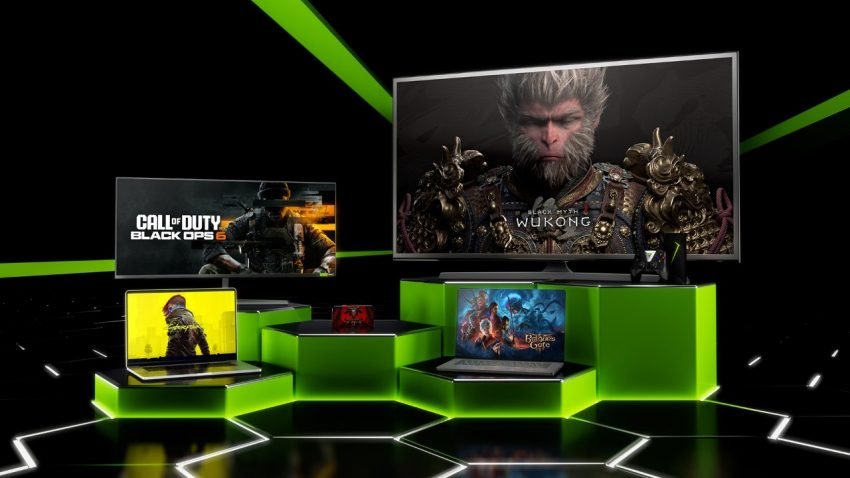Little Orpheus is a short, side-scrolling adventure that doesn’t ask for much and doesn’t try to do too much either. It leans on its narration, visual style, and personality to carry you through a series of bite-sized levels wrapped around a loose Cold War-era sci-fi story.
It’s fine. Not amazing. Not broken. Just fine. The kind of game you finish in a few sittings and walk away thinking, “Yeah, that was alright.” At the right price, it’s worth getting. At full price, probably not.
What Is Little Orpheus
Originally launched on Apple Arcade before coming to PC and consoles, Little Orpheus follows a Soviet cosmonaut who claims he travelled to the centre of the Earth. What follows is a series of fantastical, exaggerated tales of that underground journey, framed as a debriefing between the cosmonaut and his commander.
The setup is lighthearted, the tone is often funny, and the story never takes itself seriously. It has a narrator who constantly exaggerates what happened, while the commander interrupts him with sarcastic disbelief. That dynamic works for most of the game and gives it a consistent sense of charm, even when the gameplay falls into repetition.
You’ll travel through underground forests, lava caverns, alien ruins, and other surreal locations. None of it is grounded in reality, but that’s the point. This is a tall tale told with confidence and a good sense of humour.
Gameplay and Pacing
This is not a challenging game. You move left or right, jump occasionally, pull a few levers, and occasionally avoid obstacles. There are some basic stealth sections and a few timed sequences, but they’re simple and forgiving.
The platforming is fine but very floaty. If you’ve played cinematic platformers before, you’ll know what to expect. It’s not trying to be precise. It’s more about keeping you moving forward and letting the environments and narration take the spotlight.
The problem is that the game doesn’t really evolve over time. Most levels follow the same format. You enter an area, walk a bit, listen to a few lines of dialogue, trigger a short sequence, and then move to the next screen. The puzzles are minimal and the challenge never really ramps up. There’s a sense that you’ve seen most of what the game has to offer by the end of the second chapter.
Story and Style
Little Orpheus gets most of its personality from its voice acting and visual design. The story itself is nonsense, but it’s fun nonsense. The cosmonaut tells increasingly ridiculous tales while the commander pushes back, calling him out constantly. That back-and-forth gives the game a bit of life, even when the pacing slows down.
The game leans into its style heavily. Each area is designed to feel like a 1950s sci-fi adventure serial, with dramatic scenery and over-the-top music cues. It’s not subtle, but it doesn’t need to be. It’s clearly made with care, and that effort helps make up for the mechanical simplicity.
Visually, it still looks good even after the jump from mobile to PC. The backgrounds are detailed, the colour palette shifts nicely between levels, and there’s a surprising amount of variety in how the game presents each chapter. You might be trudging through lava one minute and hopping across giant mushrooms the next. It keeps things visually interesting even when the gameplay is staying in its lane.
What Works and What Doesn’t
The voice acting is consistently strong and keeps the game’s energy up. Even when the levels start to feel samey, the banter between the characters helps push you forward. The game also doesn’t overstay its welcome. You can finish it in a few hours, and for many players that’s enough.
Where it struggles is in variety. Once you’ve seen a few levels, you’ve seen most of what the game offers. The challenge stays flat, the puzzles are barely there, and the platforming never really asks anything of you. It’s a smooth ride, but also a very safe one.
It also doesn’t leave much of a lasting impression. You play it, you smile a few times, then you move on. That’s not necessarily a bad thing, but it’s worth knowing before going in. If you’re looking for something with mechanical depth or replay value, this isn’t it.
It’s not deep, but it’s funny, colourful, and over in time for tea.
Who Should Play It
This is a good pick for players who want something light and story-driven. If you enjoy games like Limbo, Inside, or Planet of Lana but want something less intense or shorter, this could fit the gap. It’s ideal for a weekend session or a relaxed evening where you don’t want to be challenged, just entertained.
If you’re looking for mechanics, challenge, or complex storytelling, it’s not going to satisfy. It’s meant to be an interactive storybook with jokes and colour, not a deep adventure.
Final Verdict
You can check out the Little Orpheus game hub for more coverage and updates.



